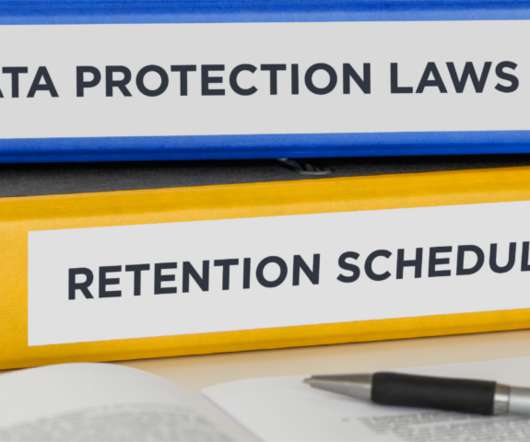NEW TECH: This free tool can help gauge, manage third-party cyber risk; it’s called ‘VRMMM’
The Last Watchdog
JANUARY 30, 2019
Late last year, Atrium Health disclosed it lost sensitive data for some 2.65 The culprit: lax practices of a third-party data and analytics contractor. Related: Atrium Health breach highlights third-party risks. There is impetus for change – beyond the fear of sustaining a major data breach. Uphill battle.














Let's personalize your content